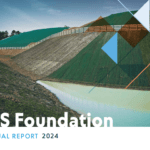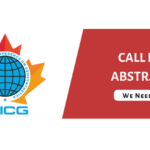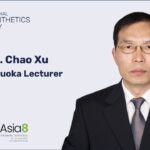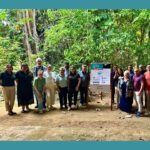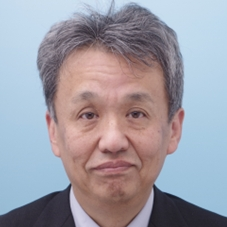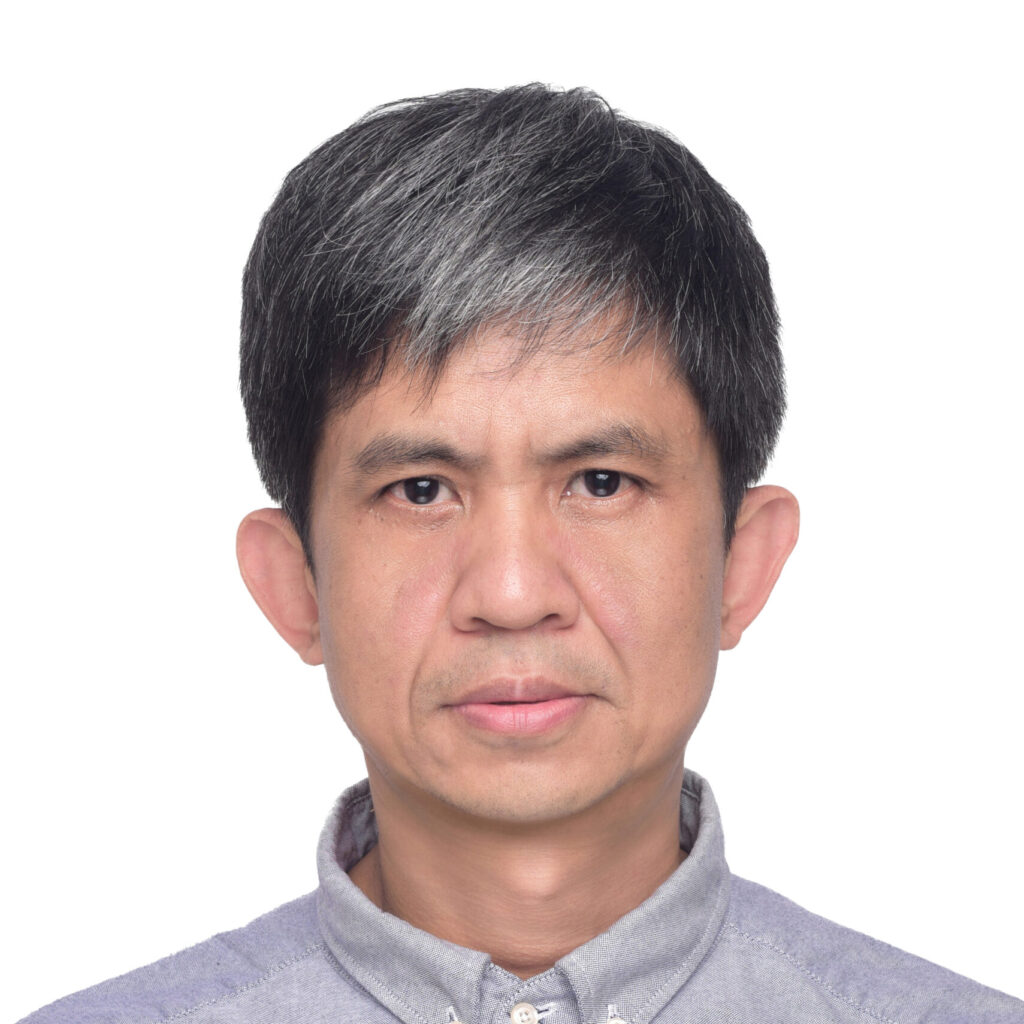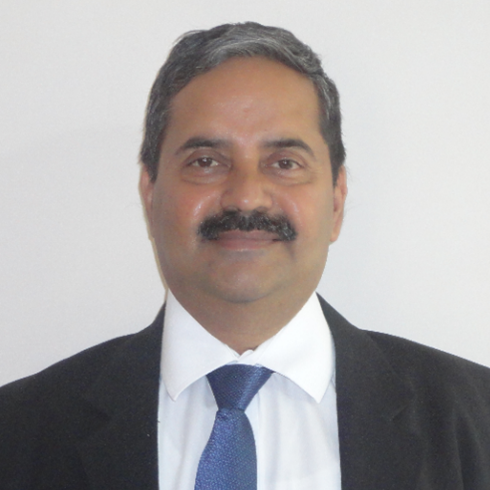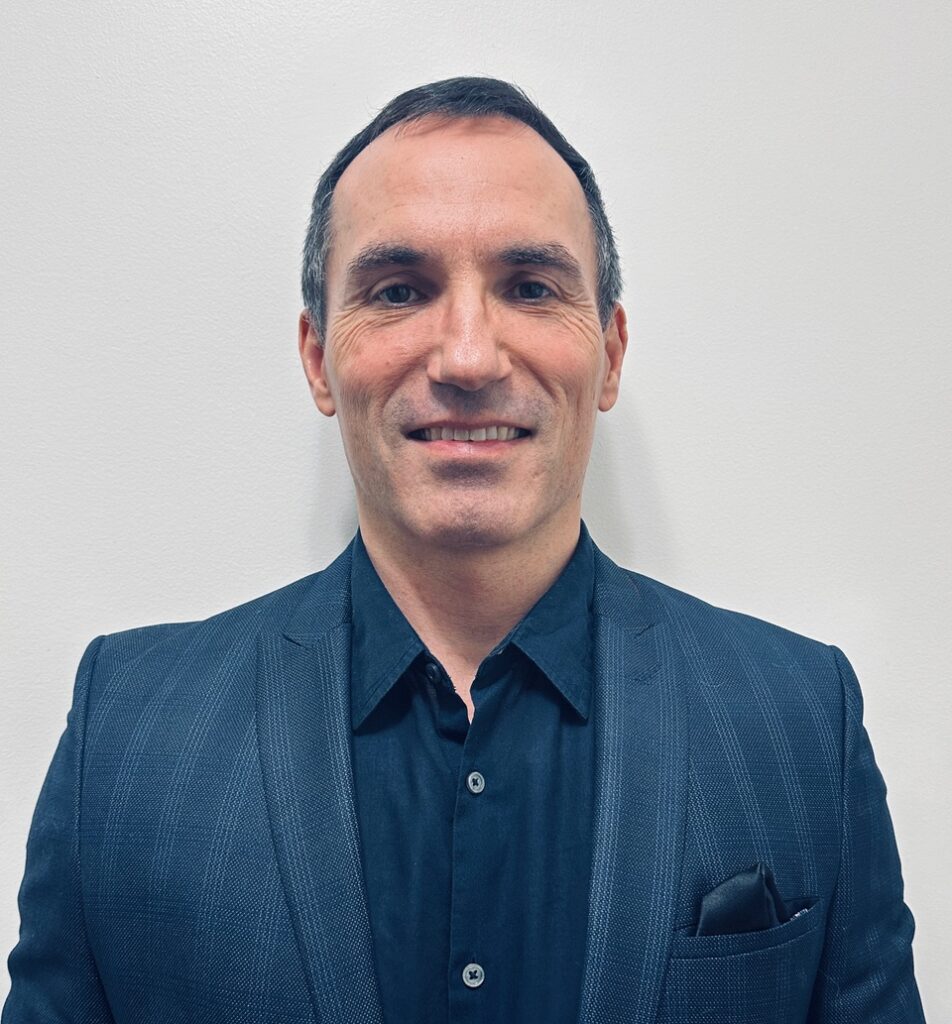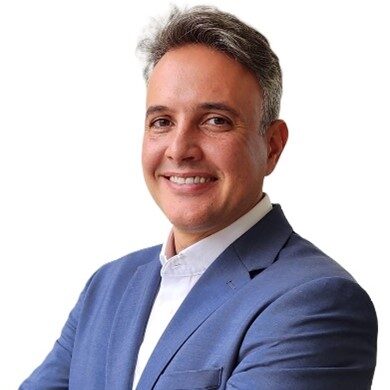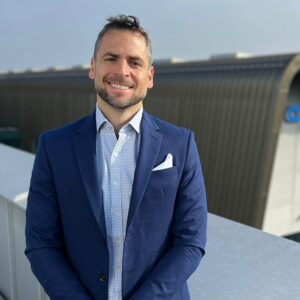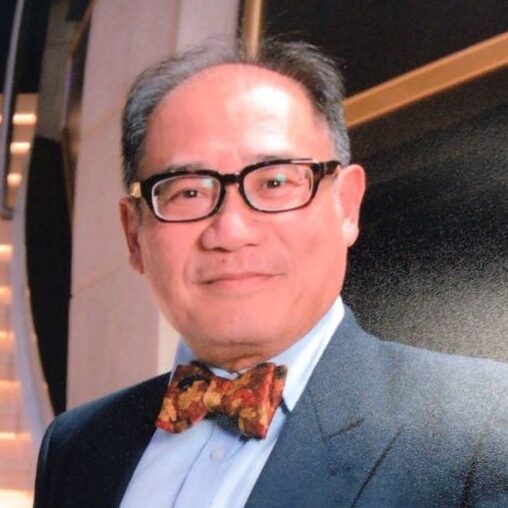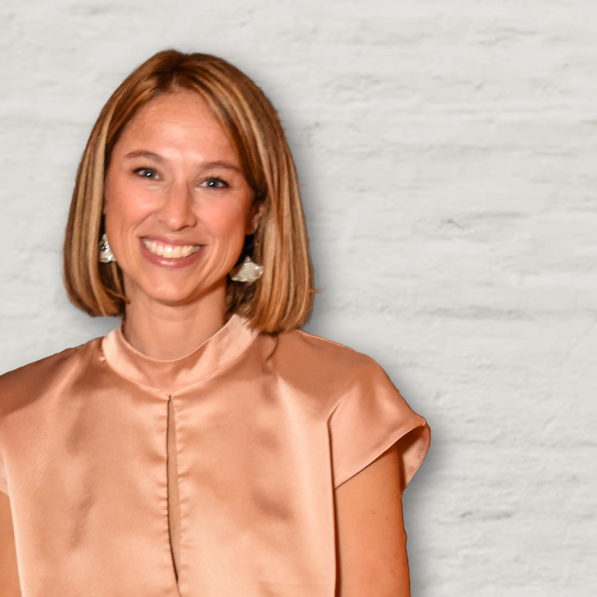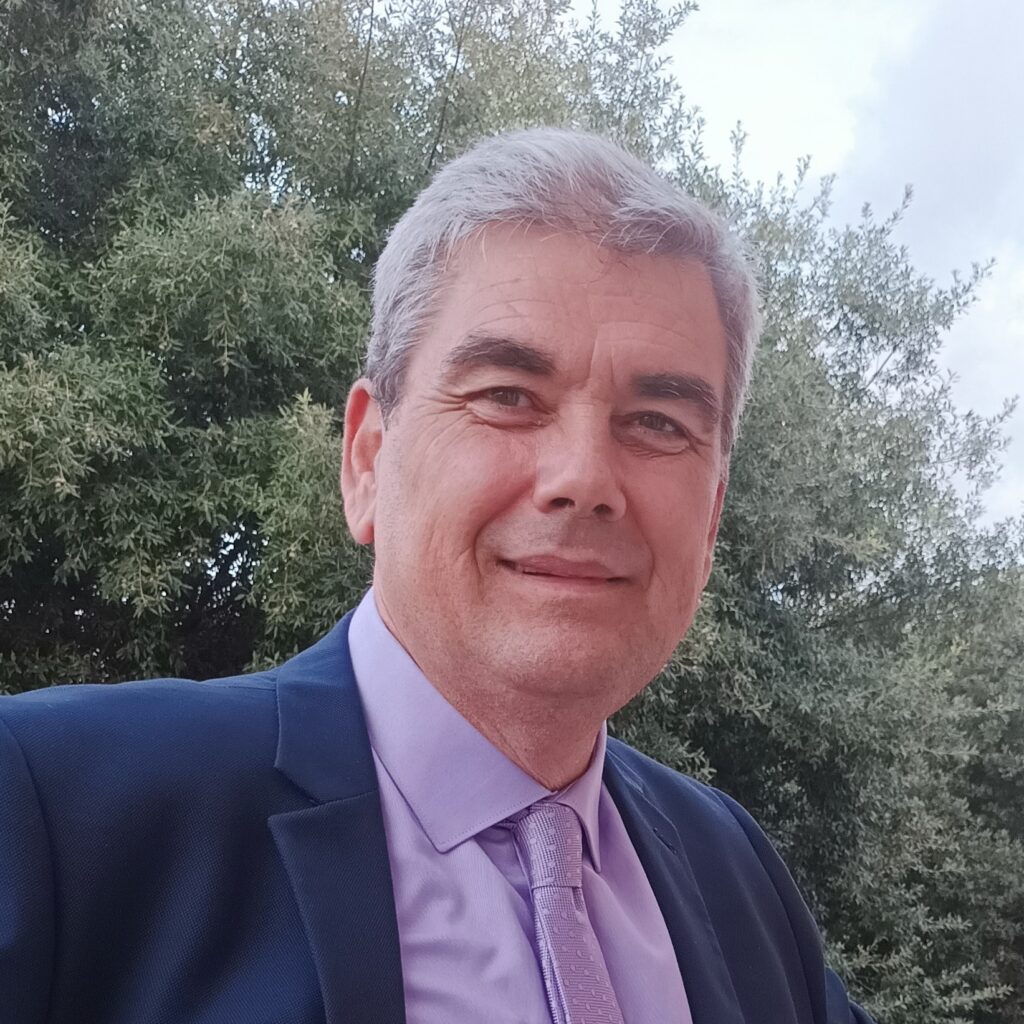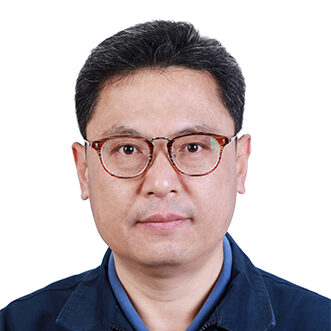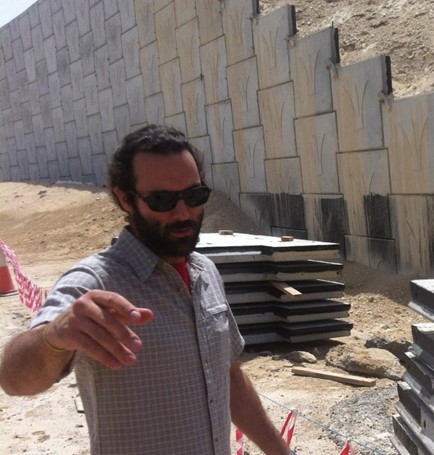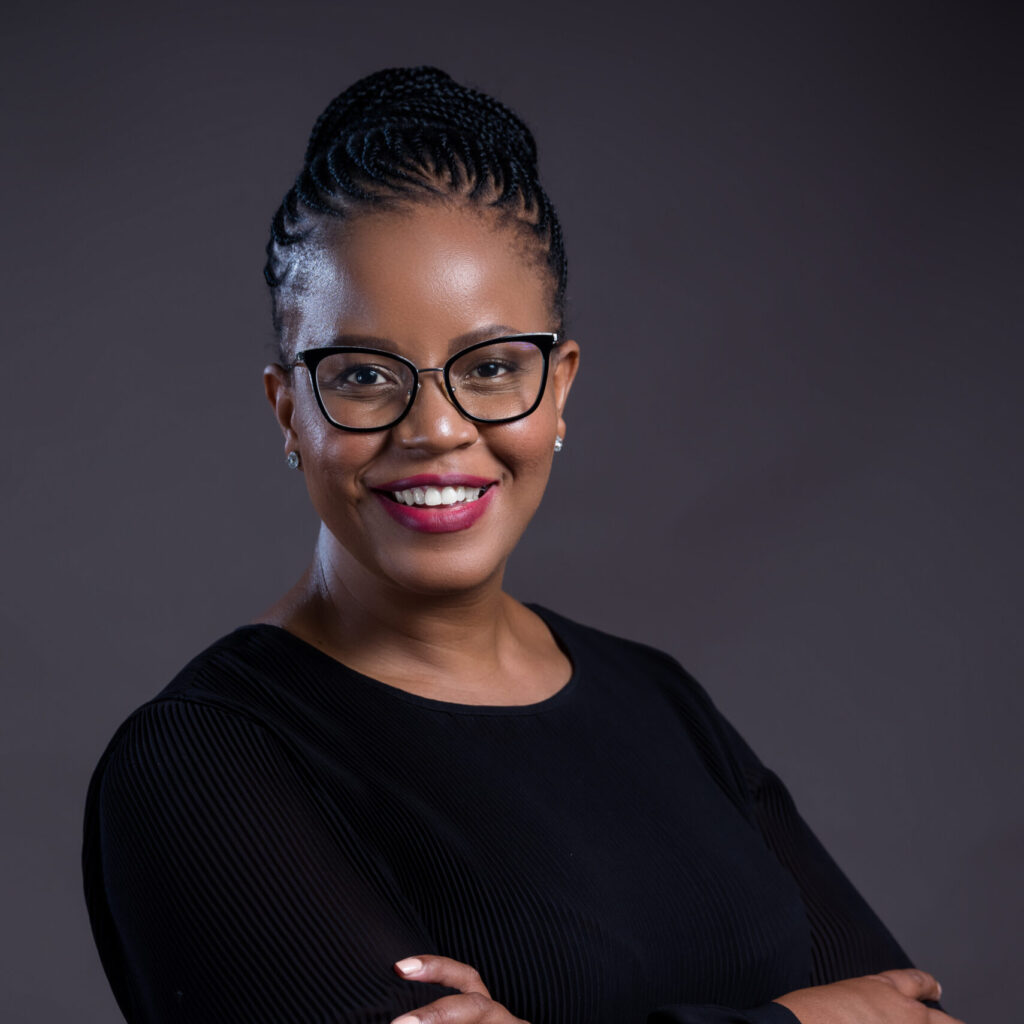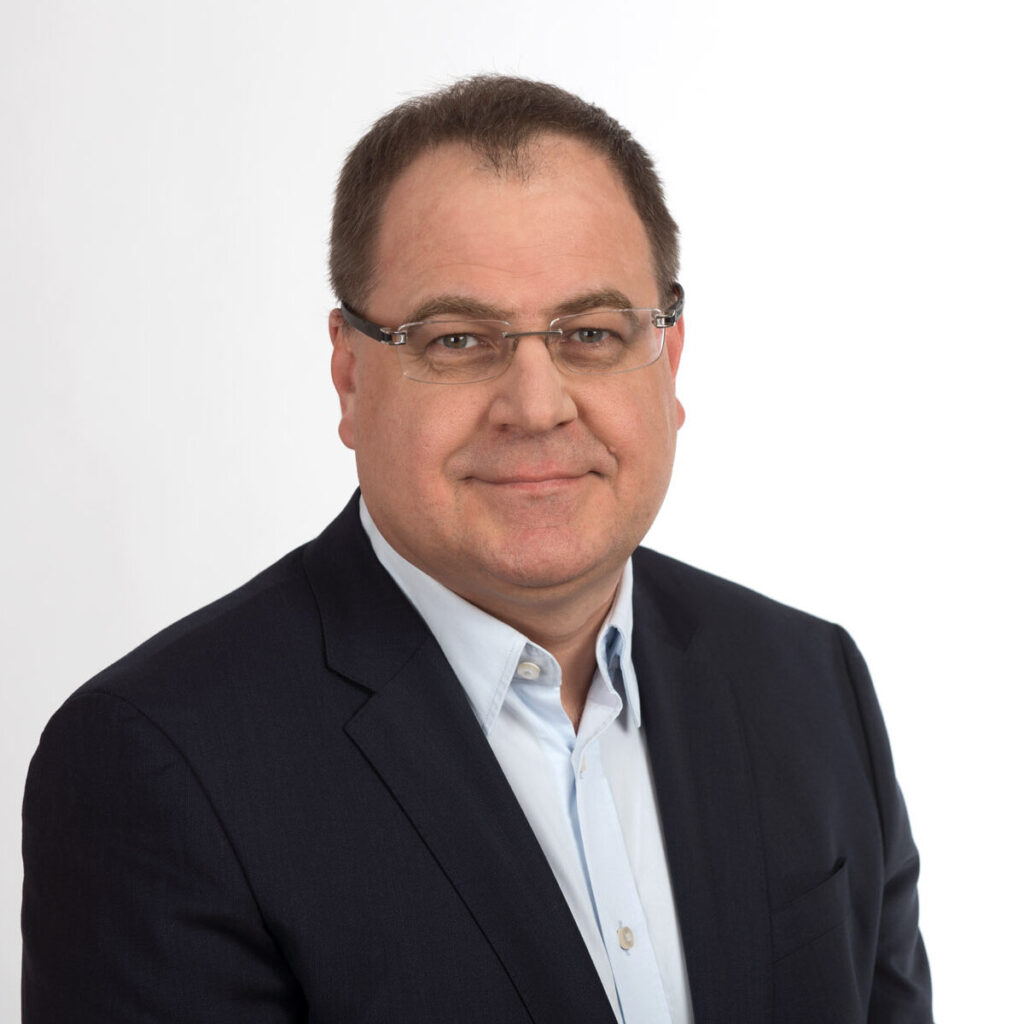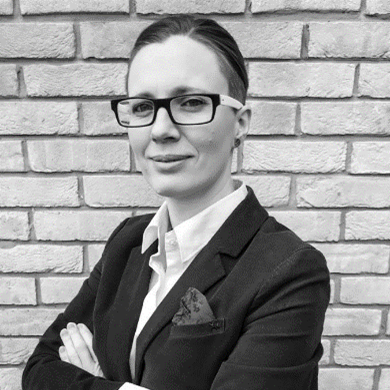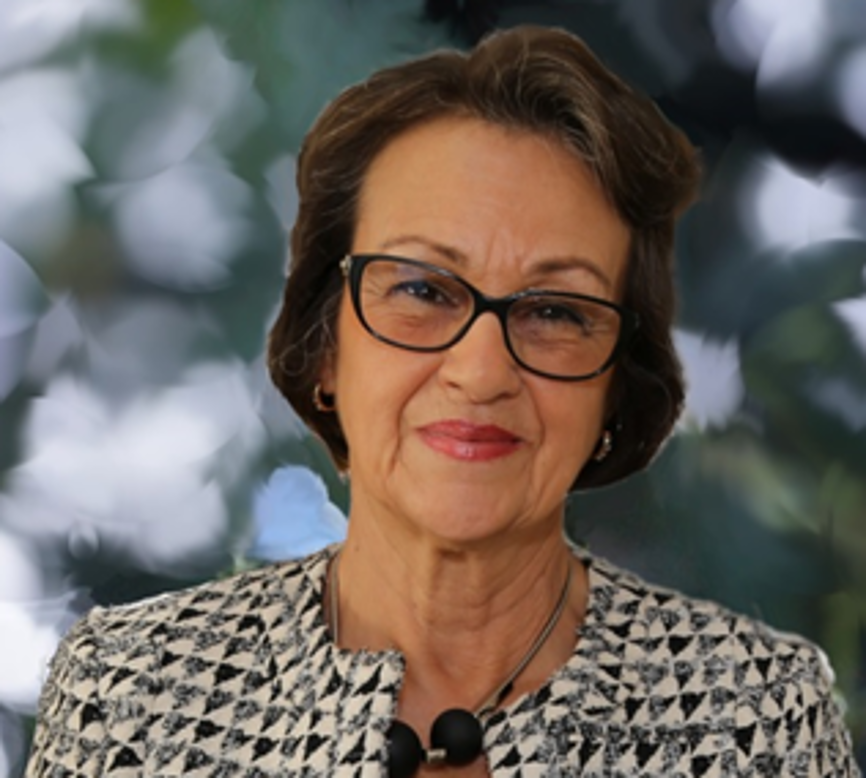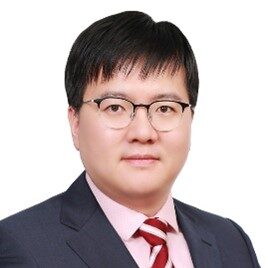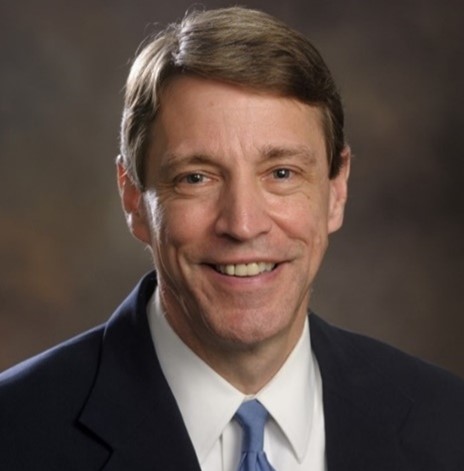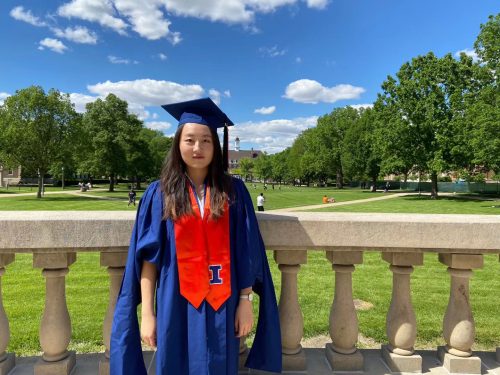
Our series speaking to engineers at the start of their careers continues with student Han Wang. Here, Han shares the pros and cons of choosing a PhD over practice.
Hi Han, please tell us a bit about yourself.
Hello! I am a 24-year-old PhD student studying at the University of Illinois at Urbana-Champaign (UIUC). I have been at Urbana-Champaign for more than three years and in the second year of my PhD.
Tell us about your journey to where you are now.
I achieved my Bachelor’s degree, a major in Civil Engineering, from Central South University in China in 2019. However, I came to the United States in July 2018 as a 3+2 program student. The 3+2 program is a cooperation program between the UIUC and universities abroad for students who want to experience both homeland and American education.
Students can get a Bachelor’s degree from their home university and a Master’s from UIUC within five years, with three years in their home country and two years in the States (where the 3+2 comes from). I came to UIUC to continue my study in civil engineering and specifically, I narrowed my focus on transportation engineering and joined Professor Erol Tutumluer’s research group as a graduate student helper. I officially achieved my Master’s from UIUC in May 2019 and started my PhD career.
Why was doing a PhD the right path for you rather than going straight into practice?
I didn’t finalize my decision to pursue a PhD career until the second year of my Master’s. It’s a hard decision as achieving a PhD career takes much time and effort. I did an internship working for a civil design corporation and the biggest reason for me to pursue my PhD, after all kinds of struggles, hesitations and comparisons, was my desire to explore and investigate things.
I enjoy investigating topics and during my Master’s the research project was very engaging and motivating to work on. I also remember what my professor told me: doing a PhD is not just about the research, but also the ability to learn things, think about things and connect things. Doing a PhD was right for me and my long-term goals.
Also, I want to thank my family and parents for their support, they have always been open to anything I choose to do.
The advantage of being a PhD student is having large resources available to study, including time, supportive peers and colleagues, and an environment where you feel comfortable to investigate and challenge.
However, you may make less money and not be able to gain abundant field experience, which is kind of important in our major.
Did you work for a company before your current study? Tell us a bit about your role etc.
I had a short internship for around two months after my Bachelor’s graduation in a civil design corporation in Beijing, China. I took charge of designing a small program to calculate structure component properties using a simple input. It was a combination of civil engineering and computer science. Although it was not a long internship, I realized the importance of inter-discipline and the urgent need to polish my skills.
I would definitely recommend an internship. It is a good opportunity to decide what you would like to pursue and prepare you better for the future.
Tell us about your interest in geosynthetics and your chosen research focus. Why is engineering your passion?
My research focuses on the stabilization/ reinforcement application of geogrids and geosynthetics in pavement base/subbase and subgrade course. I was exposed to this concept since coming to UIUC, and the mechanical stabilization of base/ subgrade course has always been my interest.
Interestingly, one parallel research project going on at that time was the bender element sensor development for modulus measurement, which can quantify the effect of geogrid/ geosynthetics in pavement structure. By working on the sensors, I learnt about electrical topics and engineering test methods, which I found very interesting.
I am currently working on a project where bender element sensor technology is used to quantify and evaluate different kinds of geogrid/geosynthetics functions in pavement structure to improve pavement performance and design method.
I love math and physics so engineering is the thing to help me explore the nature of the world.
What was your experience in the first few months of your PhD?
In the first half of the PhD, I worked on a project to investigate the aggregate subgrade improvements using quarry by-product fines which is a case study involving road section evaluation built in Kankakee County, Illinois. Through this project, I performed many in-field pavement evaluation tests and did a lot of data analysis. I got to work on real world data we collected from dynamic cone penetration (DCP), falling weight deflectometer (FWD), light weight deflectometer (LWD) on field.
From the data, we compared and evaluated pavement sections built with conventional subgrade improvement solution materials and the quarry by-product. This was my first taste of officially working on a project and it gave me some essential skills for my PhD.
Meanwhile, I took two courses related to my research project and worked as the teaching assistant for an undergraduate course. I felt engaged with all the things I needed to work on and was happy to gain the new experience as a teaching assistant, communicating with students, which should be important for PhD students.
What do your day-to-day tasks involve?
I prefer to assign one main task per day. Therefore, I have almost 70% of my working time on research-related tasks including reading, finding papers, and experiments and 30% on my course study. Usually three to five days I work on my research and two to three days on my course per week. I also like cooking and exercising and I spend an hour learning Korean every day.
What are you looking forward to most in your career? What are your long-term ambitions and goals?
I would like to work as a consultant who is exposed to different kinds of projects using knowledge related to civil engineering, electrical engineering, computer science, etc. I would also like to be a good presenter who can explain my ideas and thoughts clearly and effectively to others.
Are you a member of the IGS Young Members Committee? How has it helped you?
Yes I am an IGS Young Member although only for a few months so far. I attended the Young Members Committee general meeting last month and it was quite impressive. I feel the most exciting thing is that I got to know many peers who are also working on geosynthetics in this field, which is useful as we are exploring similar things.
Exploring the IGS website is also very educational and fun. I appreciate the collection of useful information related to geosynthetics there.
Do you have any tips/advice for students moving to a foreign country for a PhD?
I would say language is a barrier and trying to talk more with local people would definitely be my advice as it has helped me get across my thoughts better and more effectively. Also, don’t feel nervous!
What do you wish you knew before starting your PhD?
I would like to have known the importance of communicating (which it took me some time to fully realize) and now I am trying to work on this. Some questions may seem unnecessary when I hesitate to ask but when I ask, I always get something back which I would never expect. This is also an opportunity to ask for help and other’s opinions. I will always have the quote with me: “Work with people and get inspired”.
Interested in finding out about the IGS Young Members Committee? Visit here for details on events, activities and how to join.
Would you like to feature in our Engineers’ Q&A? Email your details to youngmembers@geosyntheticssociety.org.


